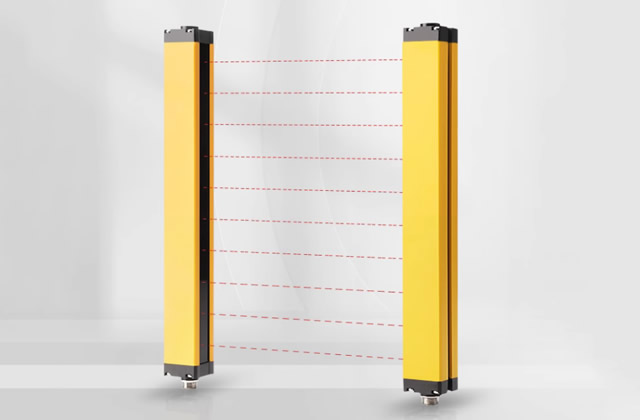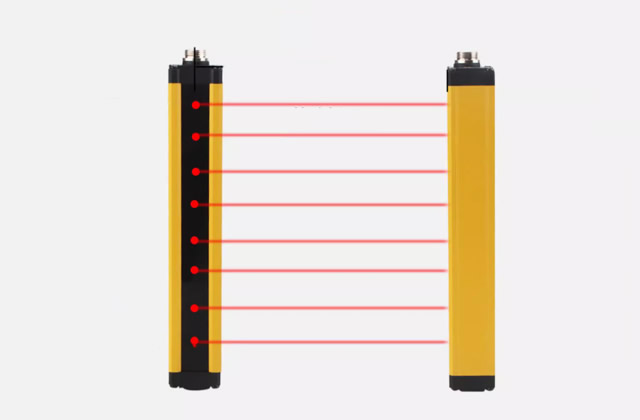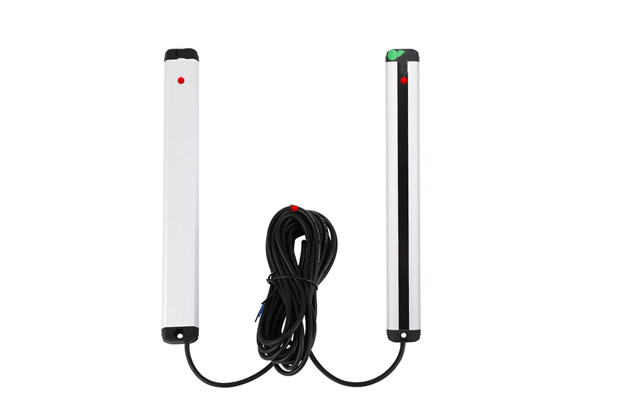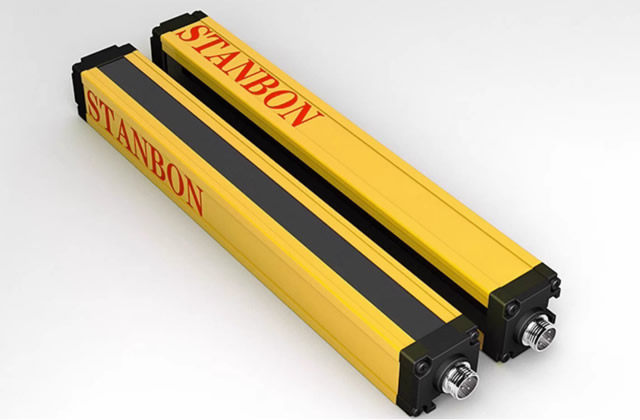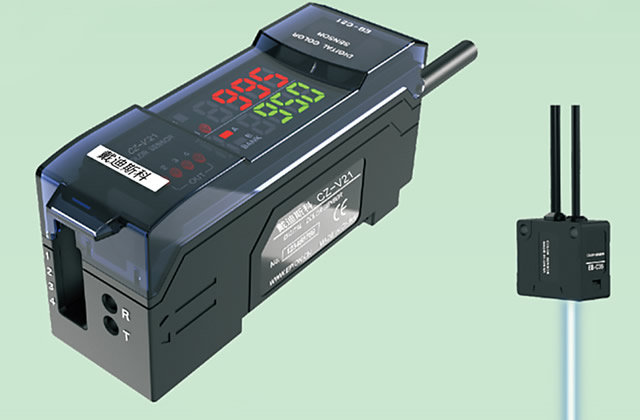1. What is the reason for the leakage of the gas pressure reducing valve?
1. The screws on the upper and lower covers of the valve body are not tightened: If the fixed female wire of the gas pressure reducing valve is loose , will cause air leakage, especially when the locking device on the rubber film of the pressure reducing valve falls off, it will cause high-pressure air supply and cause an explosion accident.
2. Aging or damage of the rubber film in the valve body: Aging of the rubber film of the gas pressure reducing valve is a common cause of air leakage. Some users, in order to drain the entire bottle of gas, will use methods such as placing the gas bottle upside down or heating the gas bottle with hot water. In fact, these practices are unsafe and will cause the residue at the bottom of the gas bottle to enter the inner cavity of the pressure reducing valve. Over time, the diaphragm will age and cause gas leakage.
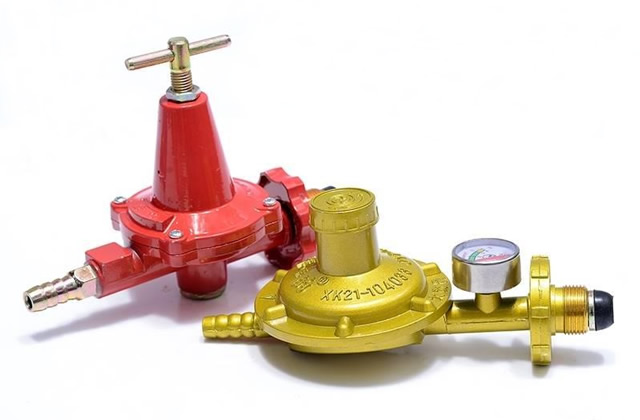
2. How to identify when the gas pressure reducing valve is broken
1. It can be found at the interface Check with soapy water to see if there is any air leakage. Prepare soapy water, apply some soapy water to the small hole of the pressure reducing valve with your hands, and pay attention to see if there are bubbles.
2. For a pressure reducing valve with a pressure display gauge, you can close the angle valve and smell whether there is leakage, and observe whether the pointer changes. The rubber sealing ring at the end of the air inlet pipe of the pressure reducing valve is an important component used to prevent air leakage.
3. Solutions to gas leaks
How to deal with gas leaks once they are detected? Fire experts pointed out that the correct method is to immediately open all doors and windows to let the gas disperse, and at the same time close the main valve of the indoor gas pipeline or the angle valve of the liquefied gas cylinder.
Do not touch any electrical switches indoors, such as lights, range hoods, ventilation fans, TVs, electric fans, air conditioners, etc. Do not use telephones or mobile phones indoors, and it is strictly prohibited to use open flames.
If the valves are all closed and ventilated, but there is still a gas smell in the room, you should immediately go outside to an open area and call the gas company’s emergency rescue hotline to have professionals deal with it. Do not use any gas appliances until the leak is corrected.
If the website content violates your rights, please contact us to delete it。




